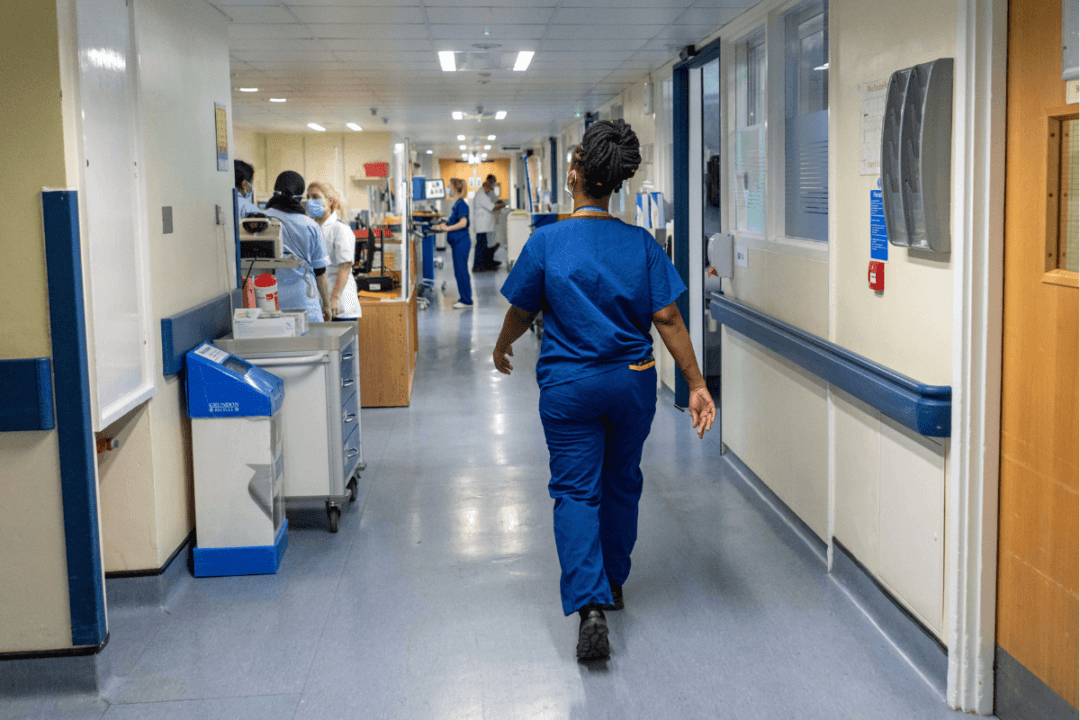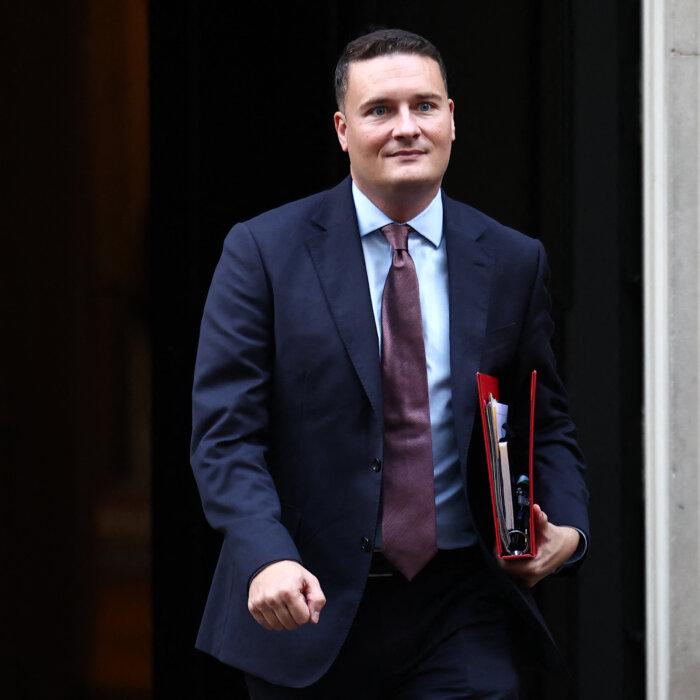The NHS needs almost £14 billion to cover the cost in the build up of repairs, according to the membership organisation for NHS trusts in England.
This outstrips the total cost of running the whole NHS estate, which was £13.6 billion between April 2023 and March 2024, itself up 11 percent on the year prior.
The cost of high-risk repairs—where failure to urgently address them could lead to major disruption to services or even serious injury—is £2.74 billion, up 16 percent on the year before.
‘Eye-Watering Sums’
NHS Providers’ Deputy Chief Executive Saffron Cordery said: “This can’t go on. Eye-watering sums are needed just to patch up buildings and equipment which are in a very bad way right across hospitals, mental health, community health, and ambulance services.“With the government’s Budget less than a fortnight away, it’s vital ministers provide an urgent capital funding boost and rethink rules on capital investment in the NHS so that trusts can tackle the near-£14 billion maintenance backlog, give patients safe surroundings and boost productivity.”
Responding to the report, a government spokesman said: “This government inherited a broken NHS—and to fix it, we recognise the importance of strategic, value-for-money capital investments. The upcoming Budget will begin delivering on the promise of change, including for the NHS.
“As well as the vital reform we will deliver as part of our 10-year health plan, we will ensure the NHS has the funding it needs as we build a health service fit for the future.”
Old Buildings and Pest Infestations
Critical reports of the NHS estate have been published in recent months, including that there had been more than 18,000 pest problems across NHS hospitals in England over the past three years.Data obtained by the Liberal Democrats in April found that hospitals reported issues including rats in maternity wards, ant infestations, cockroaches on wards, and rodents in a kitchen. Other reports mentioned maggots in the mortuary. Another hospital said staff found rat faeces in a body bag.
‘Broken’ NHS
Days after Labour won the July 4 election, newly-appointed Health Secretary Wes Streeting remarked on the state of the functioning of the health service, calling it “broken.“Issues include the quality of cancer care in the UK having fallen behind other countries, waiting times for hospital procedures ballooning in 15 years, and waiting times at A&E causing thousands of extra deaths annually.
Responding to the report, Starmer had said that there would be “no more money without reform.”
“We know working people can’t afford to pay more, so it’s reform or die,” he said.
The prime minister added that the government’s 10-year plan to reform the health service would create more access to care in the community, improved GP access, more preventative care, and better use of digital services, such as online consultations.
But he added that the time scale to achieve this would be “measured in years, not months.”







